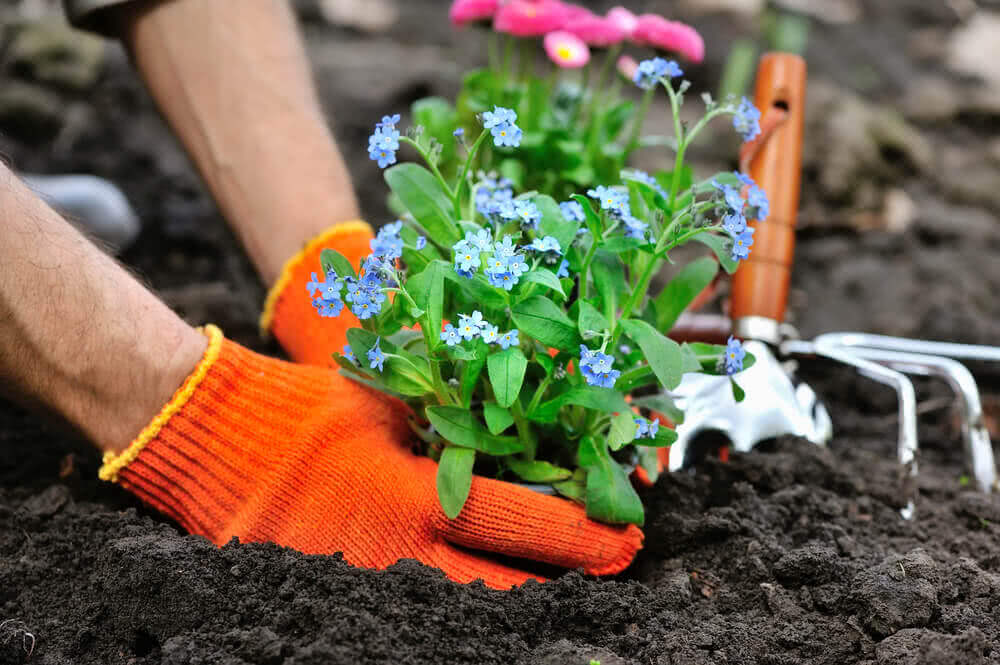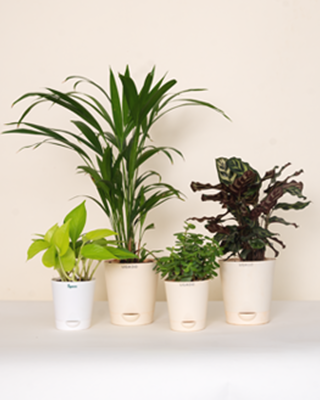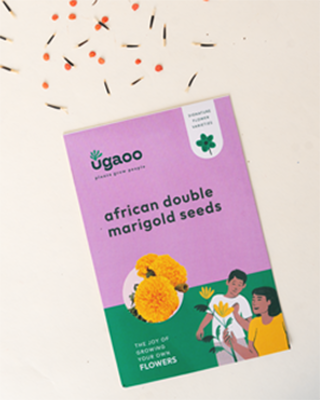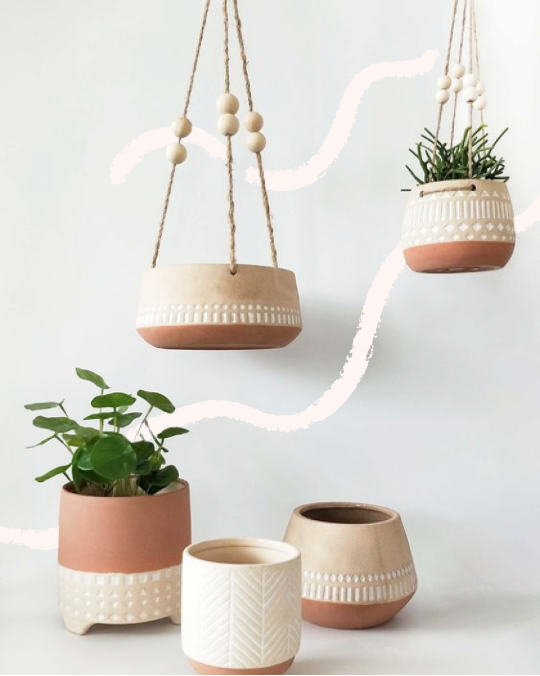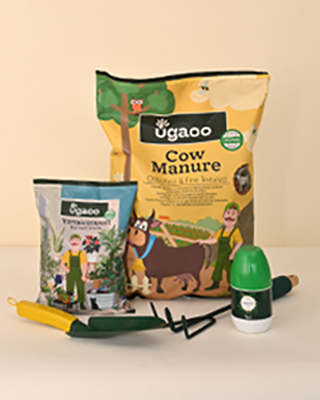Having a garden is a beautiful thing. For one, you can grow your own fruits and vegetables. Secondly, it’s always nice to have a place to relax after a tiring day. However, it is unwise to begin digging the soil and planting anything without knowing the dos and don'ts.
Things might seem to be going well, but both flowers and produce plants won’t be in their best state without appropriate & sufficient care.

Thus, we’ve gathered three common mistakes every newbie gardener must avoid:
1. Providing the Wrong Amount of Water
- As long as you don’t provide the right amount of water, your plants won’t grow properly.
- If you drown them in water, the roots won’t be able to handle it and eventually rot.
- On the other hand, not watering enough will result in plant dehydration.
- Thus, you should understand that it’s the roots and not the leaves that need to be watered. In fact, watering the leaves could harm the plant by spreading diseases.
- The ideal solution is to get an irrigation system that provides the correct amount of water. Water supply can be regulated by its controller, which relies on previous data and moisture sensors.
- If having an automated irrigation system seems costly since you’re just starting, you can get an indicator plant such as Lettuce, Bugle herb, and Touch-me-not. Unlike most plants in your garden, these plants will immediately rot upon receiving scarce water. So if you see them wilting, begin to water your other plants.
- Lastly, take a note of the weather. If it rains, you should lessen or completely ditch watering your garden for the day. Buy watering cans online.
- If it’s a blisteringly sunny day, increase the amount of water.

2. Planting in the Wrong Areas
- It’s not recommended just to pick an empty spot in your garden and plant whatever you want.
- The amount of shade, sunlight, and soil nutrients that a plant needs will be significantly influenced by its location.
- Some plants like the California poppy and the Mexican sunflower grow best in dry soil, while Tanier spinach and skirrets thrive in moist soil.
- Likewise, plants cultivated in the wrong areas will show signs of stress and will be prone to pest infestation and disease. Read about types of pests that can attack your plants.
- To prevent this, you simply have to read the plant tags or the descriptions in the catalogue before buying plants for your garden.
- Conducting online research also helps a lot.
- On a related note, you should thoroughly check your garden. Identify the areas that are too windy since this affects pollination.
- Check the sections that quickly get flooded when it rains as this will negatively affect root systems.
- Being informed of your garden will prevent problems in the future.

3. Ignoring the Soil pH Level
- Last but surely not least, you should check the soil for pH level before making a garden.
- The soil can be classified into three types depending on the pH level: acidic, neutral, and alkaline.
- A pH level less than 7.0 means the soil is acidic while above 7.0 means it is alkaline. If the pH level is 7.0, the soil is neutral.
- Most plants grow well if the pH level of the soil that ranges between 6.0 and 7.0.
- To increase the level, you can add lime.
- To decrease it, you just have to apply ground sulphur.
- If you do have acidic soil, you should plant blueberries and azaleas.
- If your soil is a bit alkaline, you can plant ferns and asparagus.
- Overall, you need to be well-informed before you plant your own garden.

Happy Gardening!






